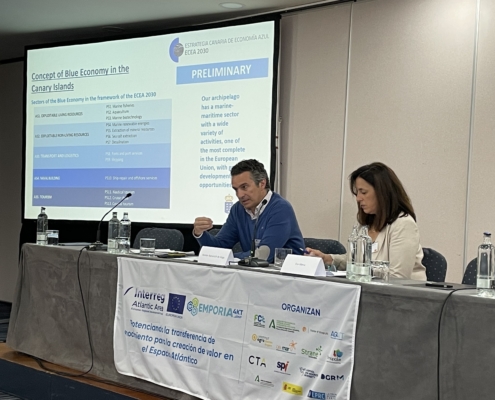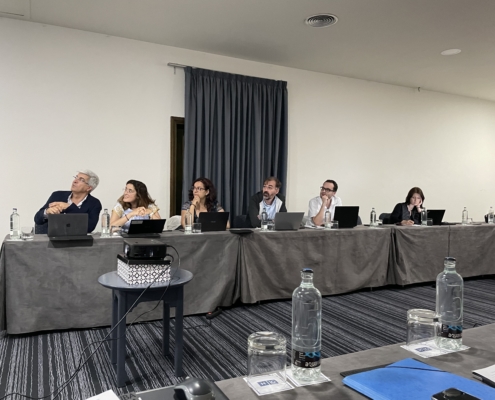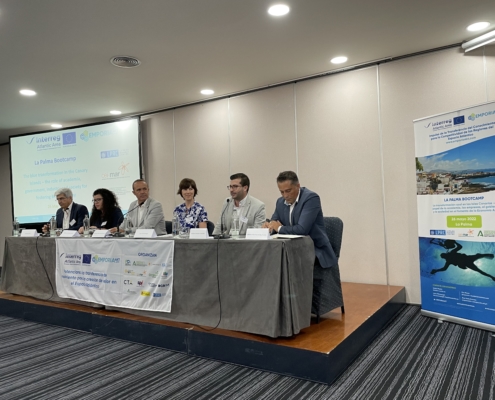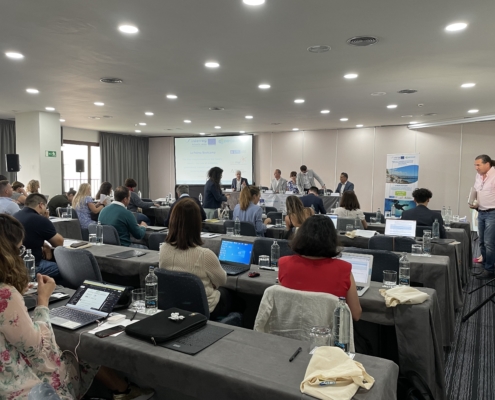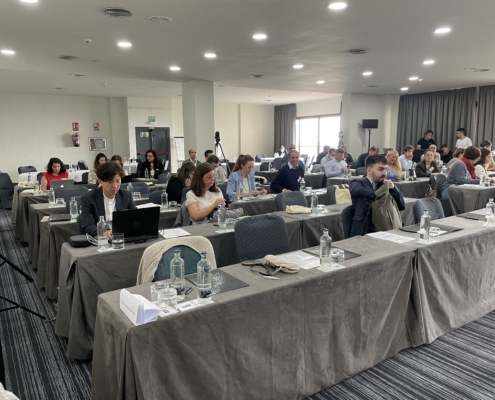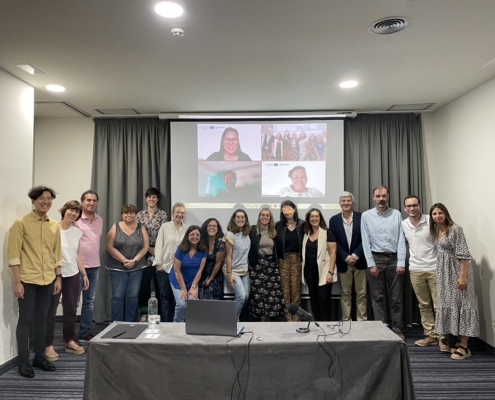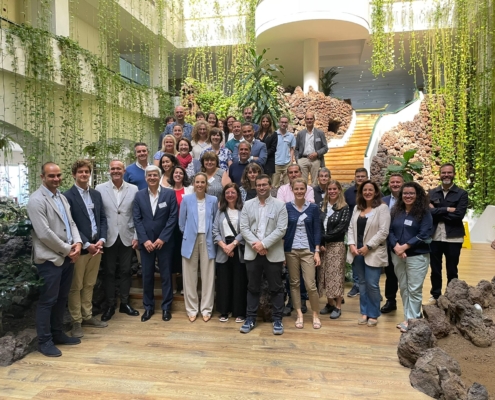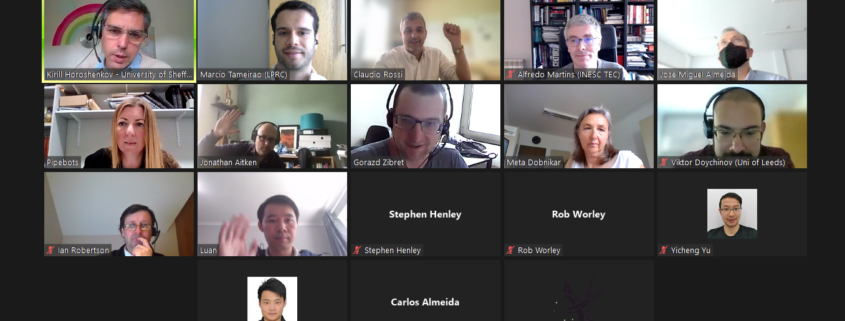The LPRC team organised the 1st ROBOMINERS project Roadmapping Workshop on the 4th of May 2023 as part of the foresight efforts to map the future of the innovative mining technology. Participants from inside ROBOMINERS as well as external experts from robotics and raw materials-related fields had the chance to contribute with their ideas and visions for the 2030 ROBOMINERS Roadmap, which aims at future research and development towards real pilot implementation. On the 5th of May, the participants enjoyed a well deserved field trip.
The Workshop day started with introductory presentations to bring all the experts up-to-date with the project activities and goals. The three presentations focused on the project, on the efforts of Work Package 8 (Active Roadmapping and Clustering) and finally, on the Roadmapping itself, the main expected outcome of the day’s work. Then, the participants were divided into two groups, led by LPRC members, working parallelly on 4 similar exercises throughout the day. These exercises made use of a handmade canvas specifically developed for this Workshop, with post-its containing the relevant inputs from experts.
The first of these exercises aimed at bringing the participants in line with previous activities (Clustering, Focus Groups, Horizon Scanning, Delphi Survey, Visioning and Preparation for Pilots) with a review and validation exercise. To achieve this, participants were asked to approve and comment on previously collected targets gathered for ROBOMINERS, while at the same time suggesting new valid targets to take into consideration.
Exercises 2 and 3 worked in tandem. During exercise 2, participants were asked to suggest actions and pathways relevant for the main areas of ROBOMINERS: Exploration, Development, Operation, the Robot-miner and PESTEL (Political, Economic, Social, Technological, Environmental and Legal). During exercise 3 participants were asked to prioritise the actions and ideas that were on the canvas, through a “funding” exercise, where each participant was allocated funds to invest in specific areas.
For the last exercise, participants worked towards a specific pilot site where ROBOMINERS could be implemented in 2030. Two mines were chosen for this exercise, one in Estonia, one in Hungary. During this exercise participants identified what actions need to be implemented for the ROBOMINERS technology to be ready for pilots in 7 years.
The working day was completed with a business workshop, led by the European Federation of Geologists.
The second day was dedicated to a field trip to two main atractions of La Palma: the astronomical observatories and the Roque de los Muchacos, both above 2000m, and to recent lava fields, a landscape made by the 2021 volcanic eruption.
The LPRC team will now process the results of this fruitful Workshop!

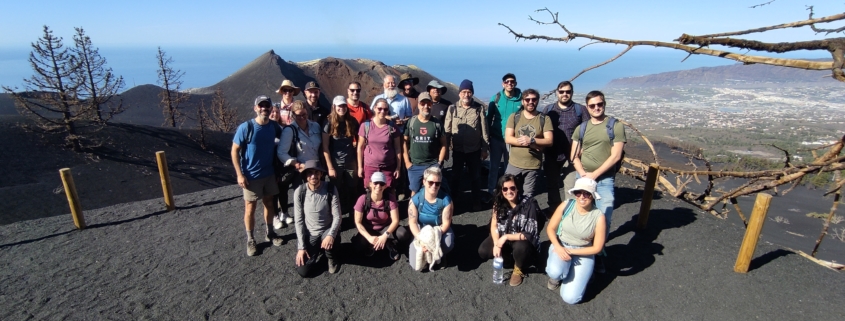 La Palma Research Centre
La Palma Research Centre
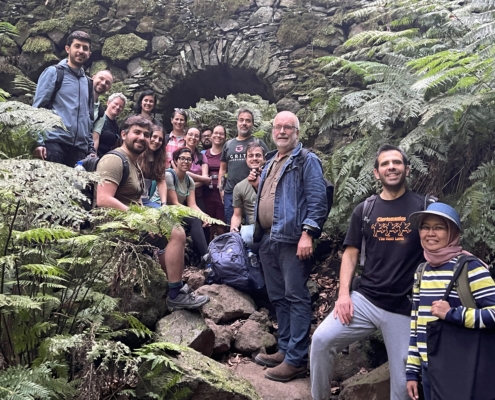
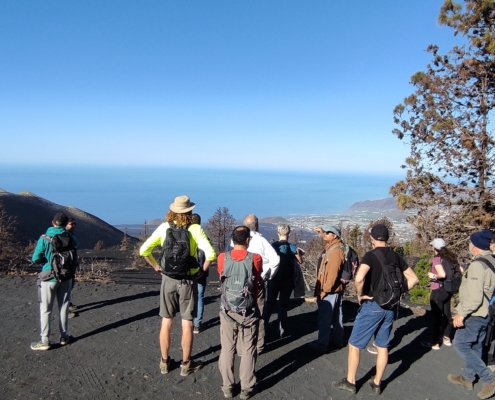
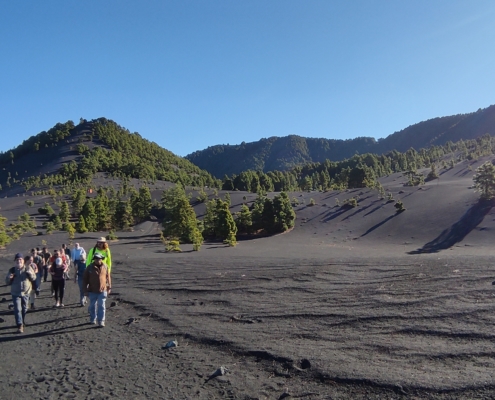
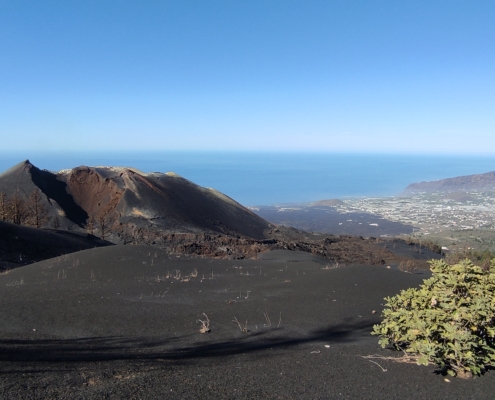
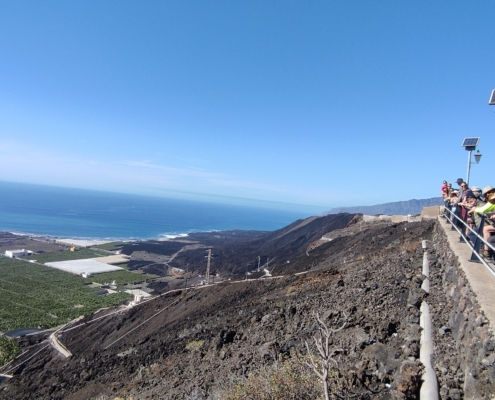
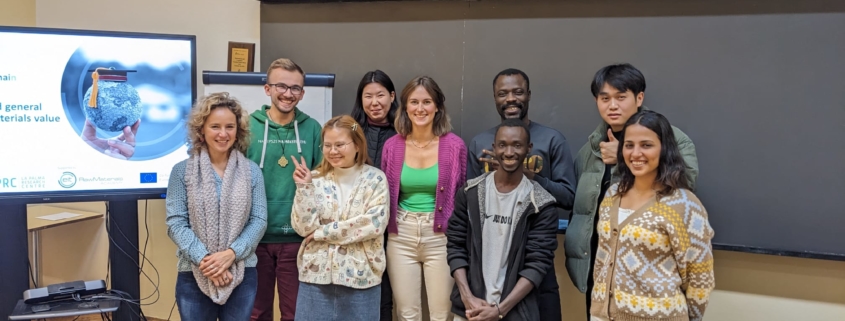 La Palma Research Centre
La Palma Research Centre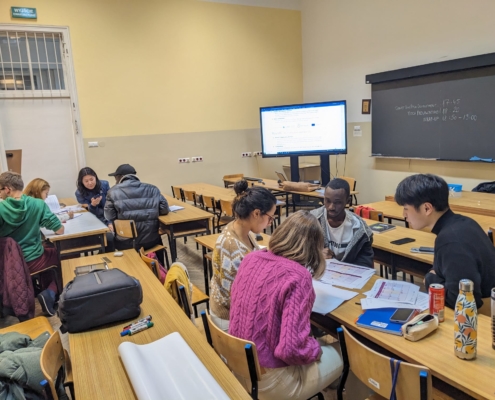
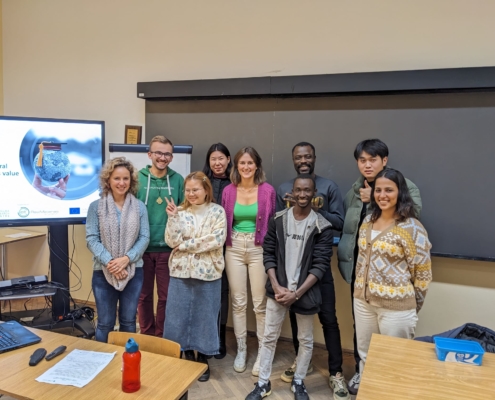
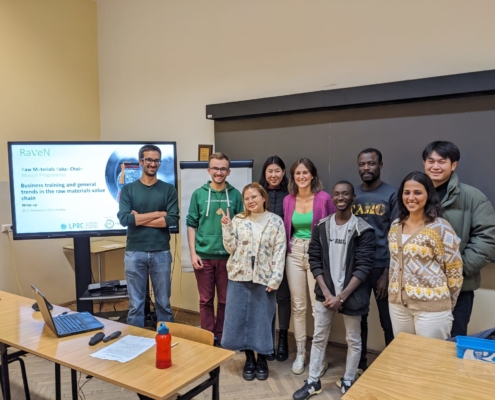
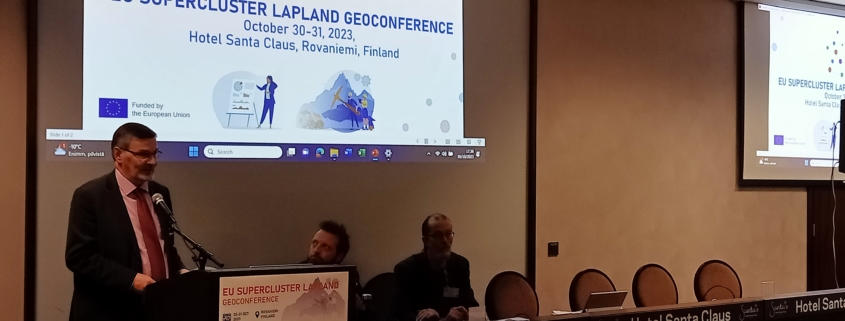 La Palma Research Centre
La Palma Research Centre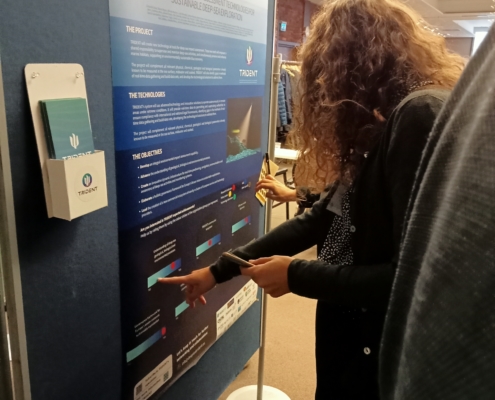

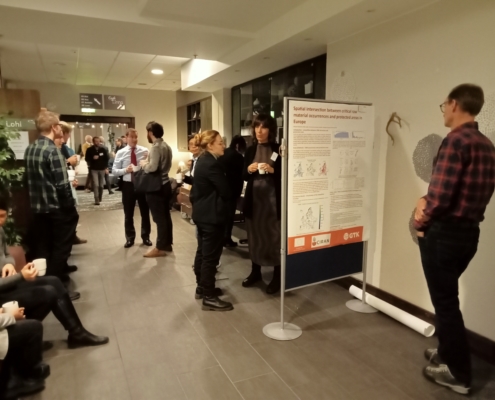
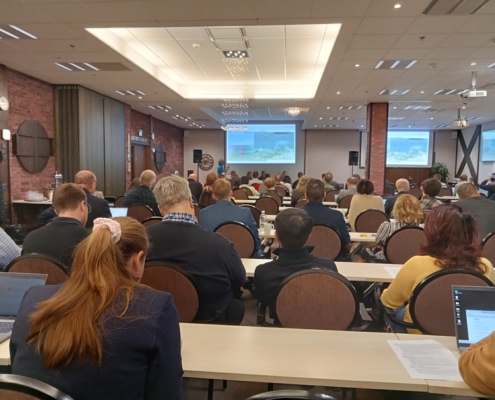
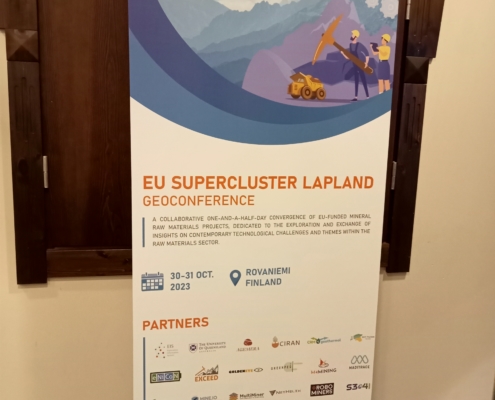
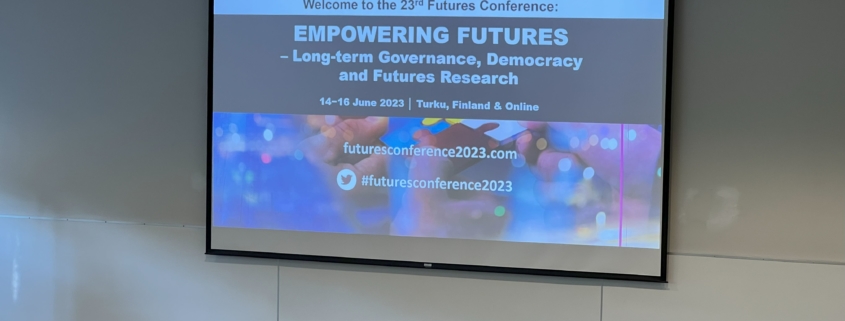 La Palma Research Centre
La Palma Research Centre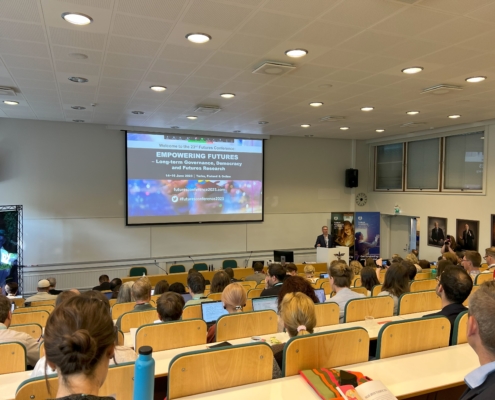
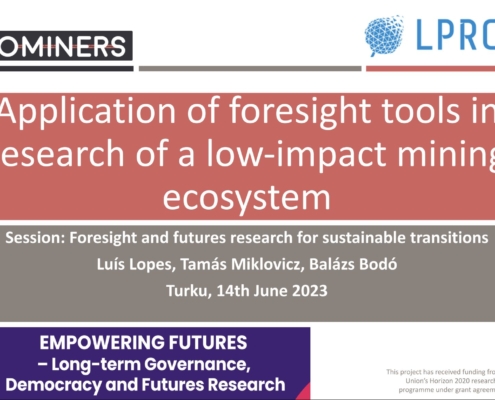
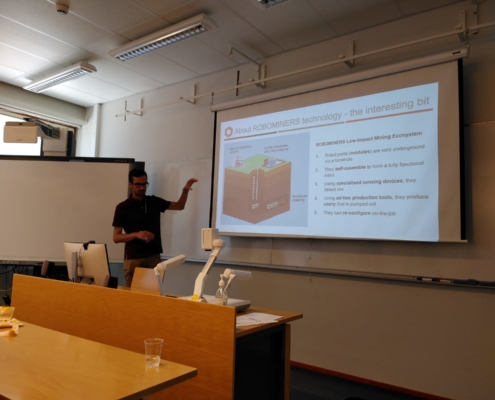
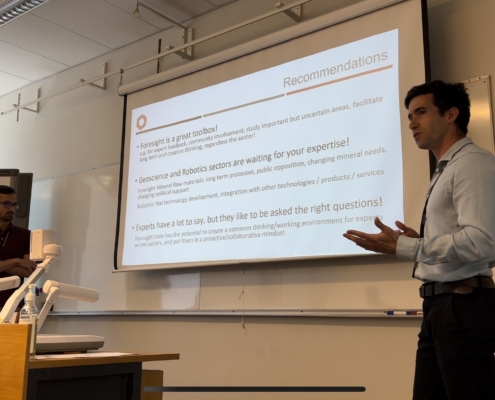
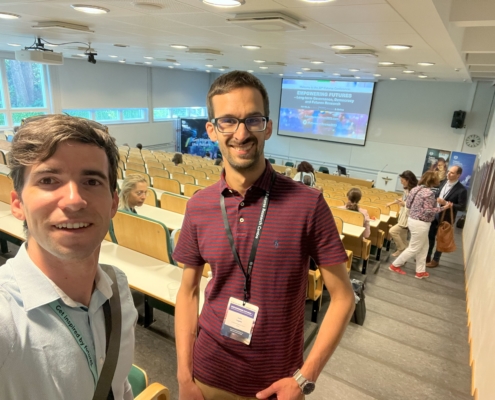
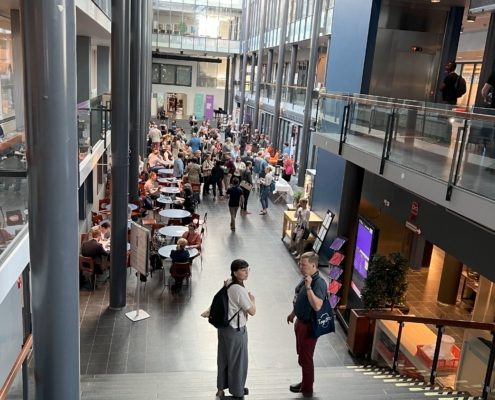
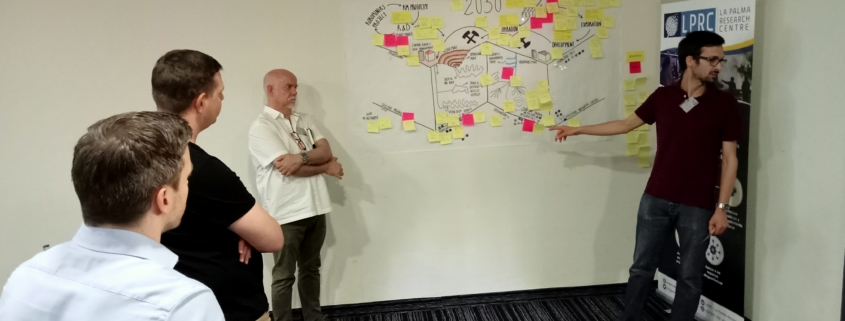 La Palma Research Centre
La Palma Research Centre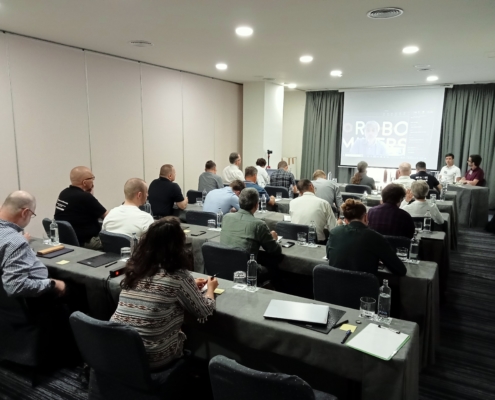
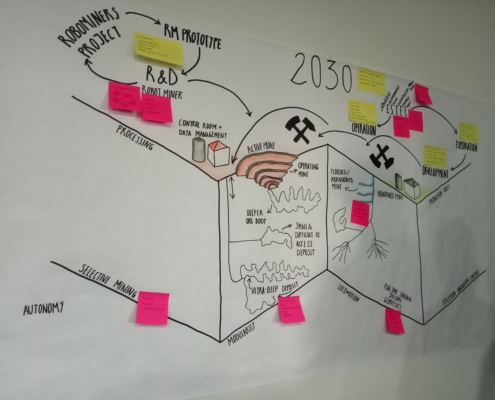
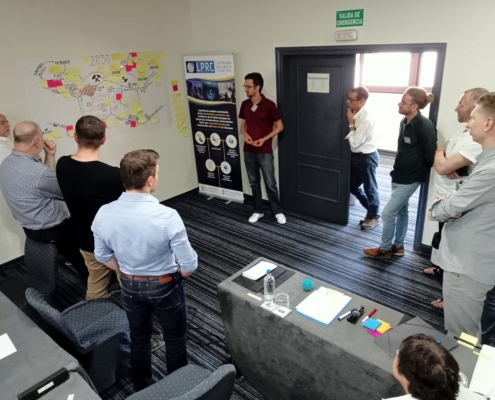
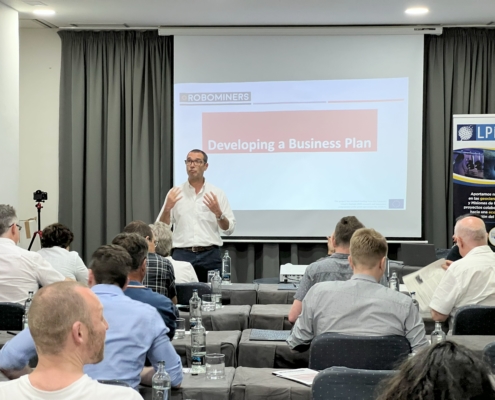
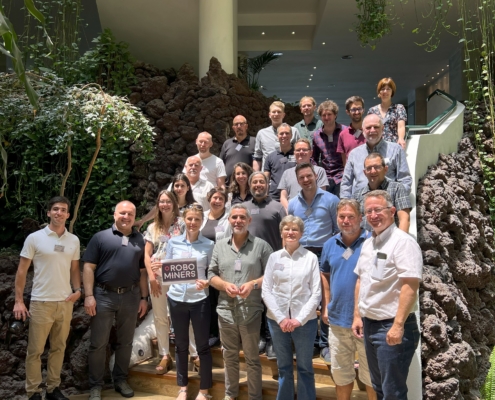
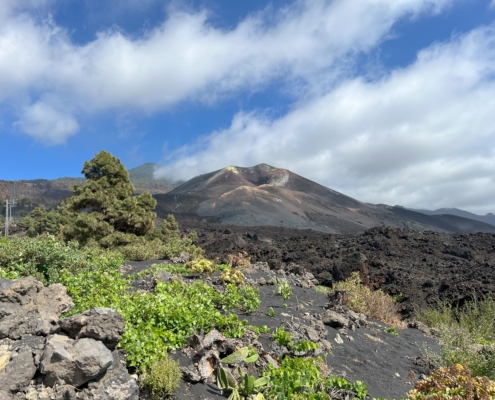
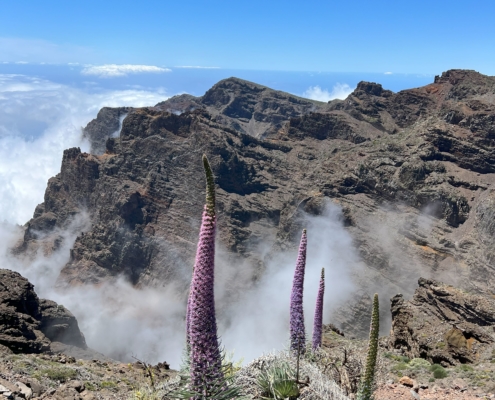
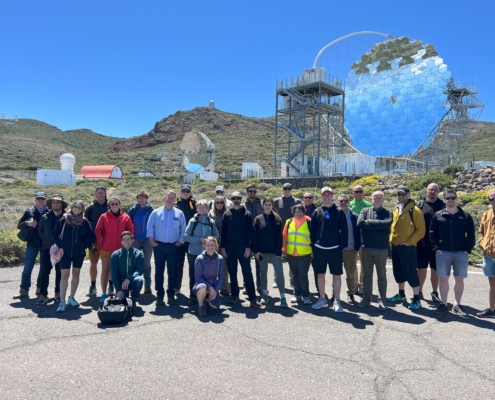
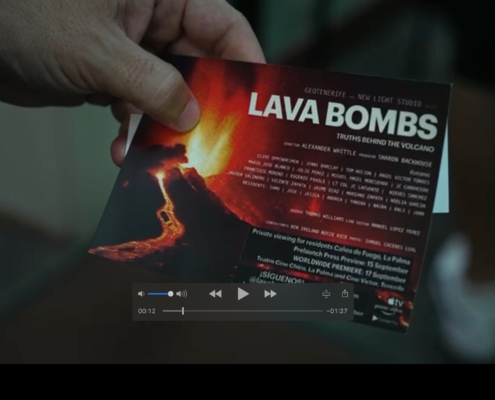
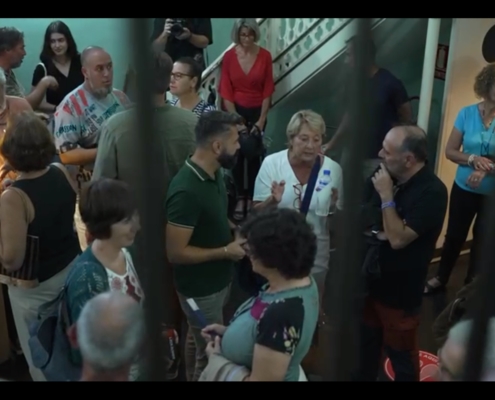
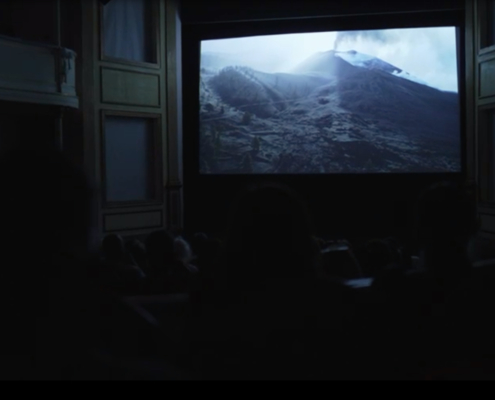
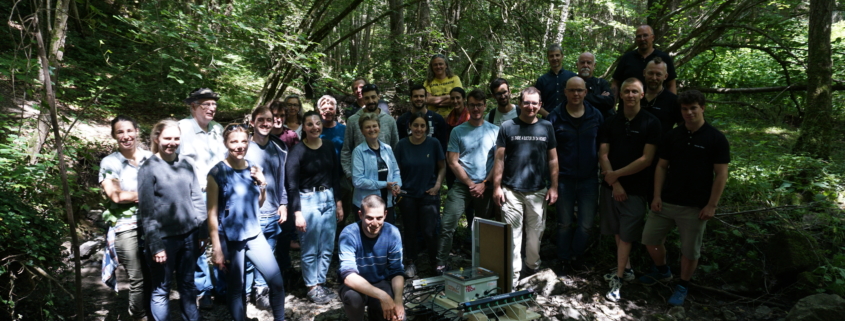 ROBOMINERS
ROBOMINERS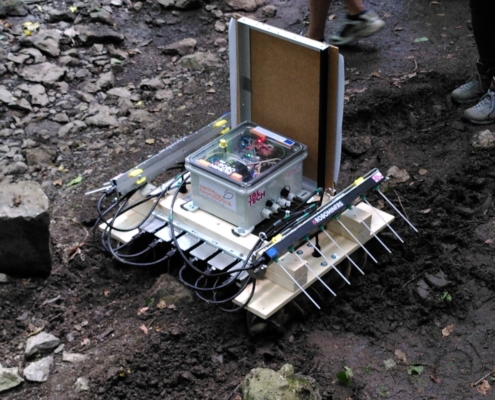
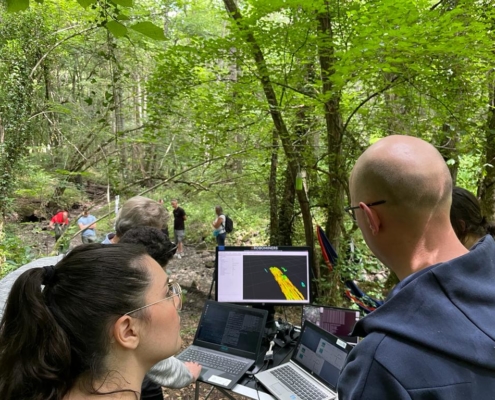
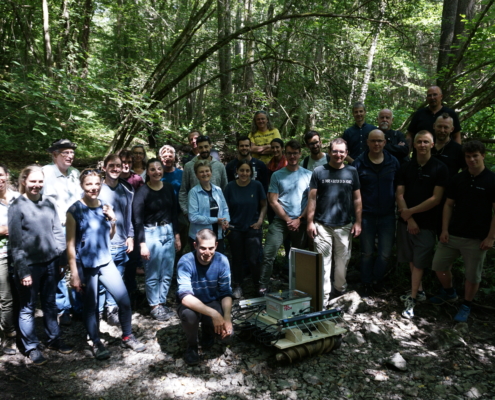
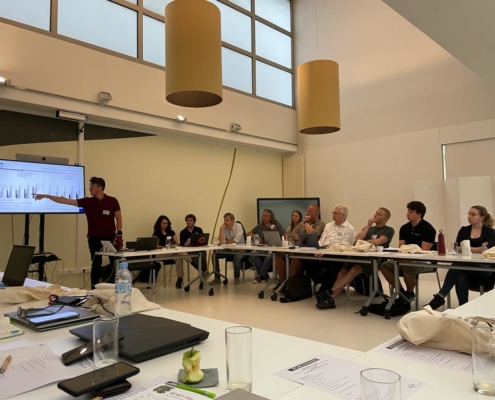
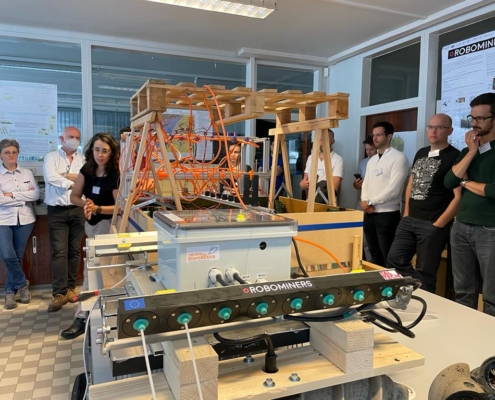
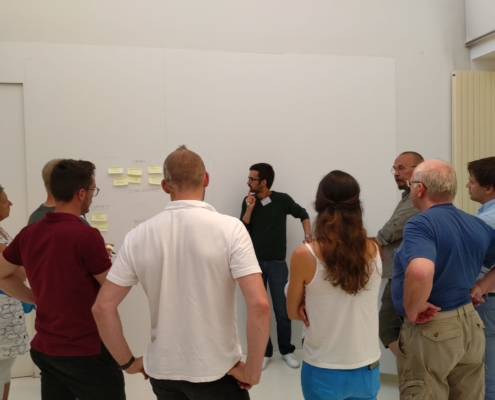
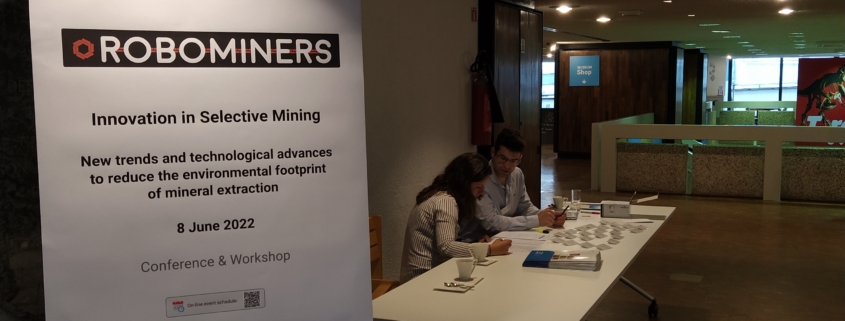 La Palma Research Centre
La Palma Research Centre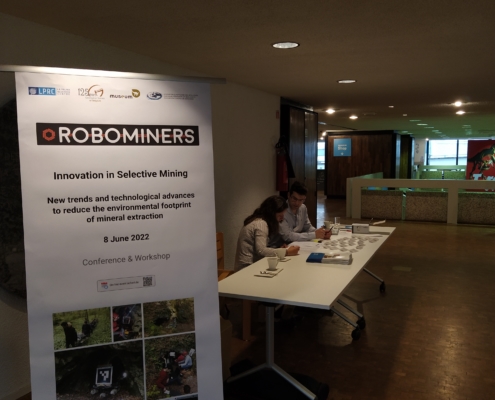
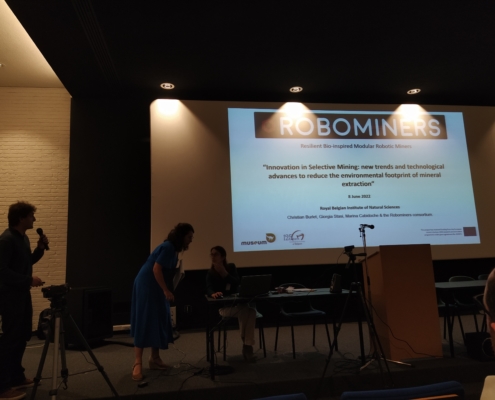
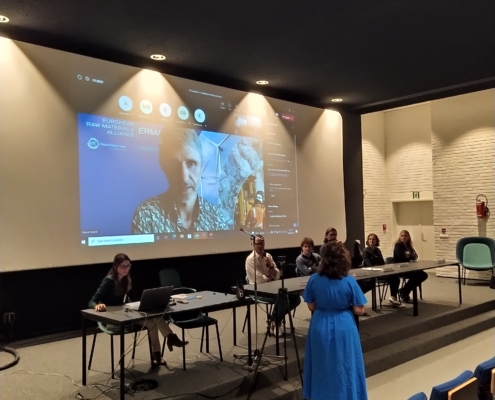
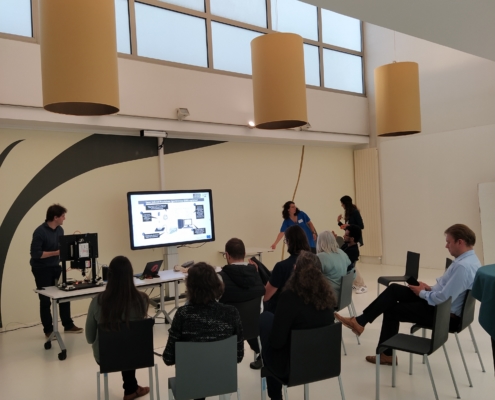
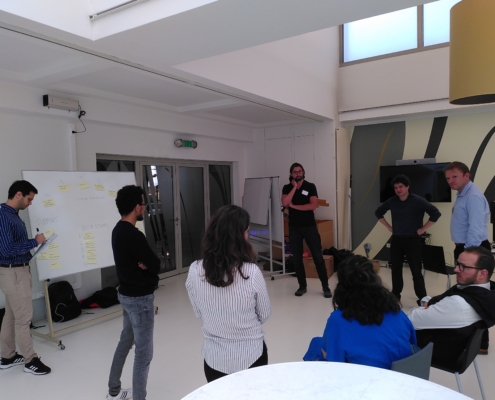
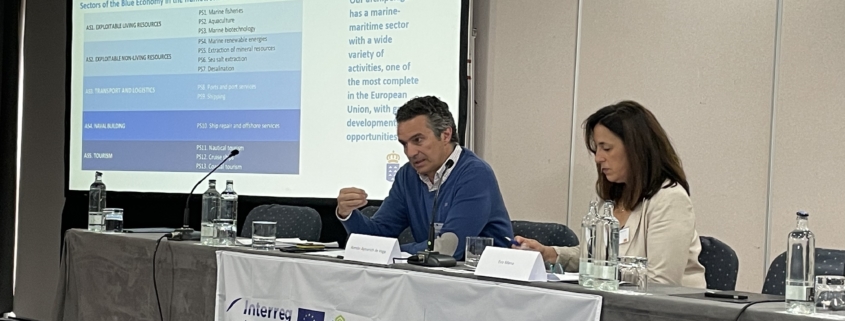 EMPORIA4KT
EMPORIA4KT
